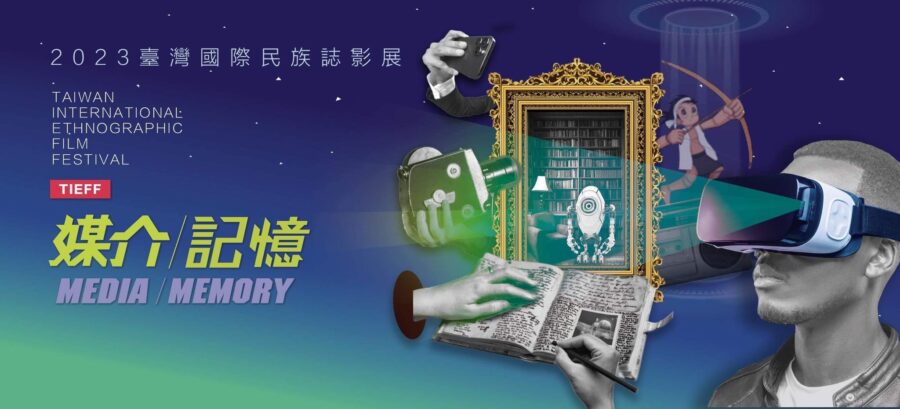Gongbo’s Happy Life
Gongbo is an ordinary peasant living in Tibet whose life is simple and plain. He works, provides for the whole family and raises children. Just like anyone else living in the world, Gongbo has to sustain various pressures from the life, such as his expectation of another son after his wife’s bearing six daughters consistently, his anxiety for the debt due to the bank for buying a tractor and his disappointment on his son who did not derive enough money as expected from out of towns.
However, Gongbo will never be overwhelmed by these troubles since the life is bringing him friends, the enjoyment of sunlight and the calmness of the night. Gongbo appreciates to the nature and the life, which can be recognized and felt from his face and his songs. If happy life represents hope and satisfaction, and if happiness only means the fulfilled heart and the calmness from the deep inside, Gongbo is happy.
